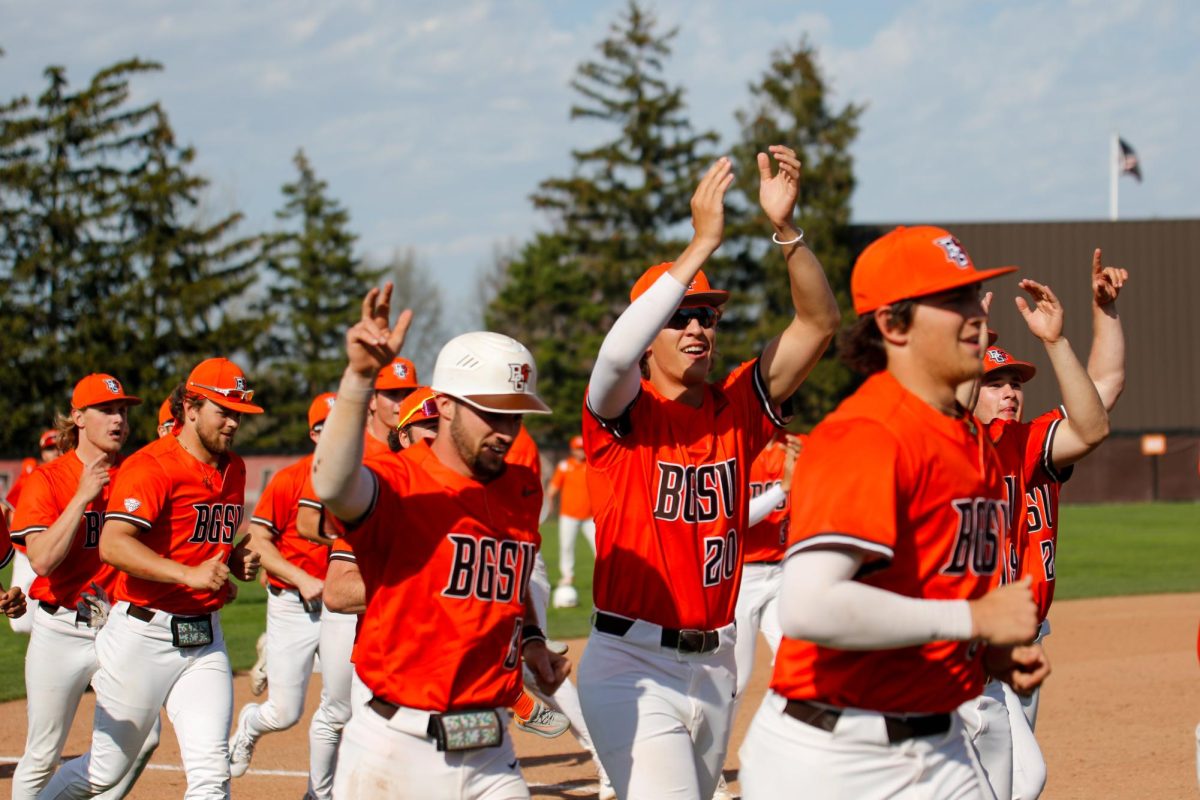NEW YORK – Two Americans won the Nobel Prize in medicine yesterday for discovering a way to silence specific genes, a revolutionary finding that scientists are scrambling to harness for fighting illnesses as diverse as cancer, heart disease and AIDS.
Andrew Z. Fire, 47, of Stanford University, and Craig C. Mello, 45, of the University of Massachusetts Medical School in Worcester, will share the $1.4 million prize.
They were honored remarkably swiftly for work they published together just eight years ago. It revealed a process called RNA interference, which occurs in plants, animals and humans. It’s important for regulating gene activity and helping defend against viruses.
It is “a fundamental mechanism for controlling the flow of genetic information,” said the Karolinska Institute in Stockholm, which awarded the prize.
Since the discovery, scientists have already made RNA interference a standard lab tool for studying what genes do. And they’re working to use it to develop treatments against a long list of illnesses, including asthma, cystic fibrosis, diabetes, flu, Parkinson’s and Huntington’s diseases, and age-related macular degeneration, a major cause of blindness.
“This has been such a revolution in biomedicine, everybody is using it,” said Thomas Cech, president of the Howard Hughes Medical Institute, for which Mello is an investigator.
“It’s so important that people almost take it for granted already, even though it was discovered fairly recently,” said Cech, who won a Nobel in 1989 for RNA research.
Nobel prizes are generally awarded decades after the work that they honor, so a prize now for a finding published in 1998 is striking.
But it’s appropriate, said Bruce Stillman, president of the Cold Spring Harbor Laboratory in Cold Spring Harbor, N.Y., because the work “is recognized now as one of the really revolutionary changes in the way we think about how genes are controlled.”
Genes produce their effect by sending molecules called messenger RNA to the protein-making machinery of a cell. The messenger RNA directs that machinery to produce a particular protein.
In RNA interference, certain molecules trigger the destruction or inactivation of the messenger RNA from a particular gene, so that no protein is produced. Thus the gene is effectively silenced.
For instance, researchers have shown they can lower cholesterol levels in lab animals by suppressing a gene through RNA interference.
Could this ability to block disease-promoting genes produce new treatments?
“In principle it works. In controlled laboratory conditions it works,” Cech said. “And the next five years will tell whether this is a whole new class of pharmaceuticals with the potential to defeat numerous human diseases.”
Mello, who is still doing research on RNA interference, said “there’s a lot of work to do” to turn the basic work into drug treatments.
Ironically, when the congratulatory call from the Nobel committee reached his home at 4:40 in the morning, he was checking the blood level of his diabetic 6-year-old daughter.
“You don’t really appreciate how important the work of the last 50 years or so of modern molecular medicine … has been until you know somebody who is alive and well because of it,” he said.
Fire said the award showed the importance of publicly funding basic research that doesn’t appear to have any near-term payoff. He also said he had not decided how to use his half of the prize money.
Fire, who was working for the Washington-based Carnegie Institution at the time of the discovery, and Mello did their groundbreaking experiment in a tiny worm called C. elegans.
They found they could block the effect of a specific gene by injecting worms with a particular double-stranded version of RNA. Usually RNA – ribonucleic acid – has only one strand.
“That was the breakthrough that set the whole field on fire, no pun intended,” Cech said.
While scientists had already known that RNA played a role in gene silencing in plants, they didn’t understand the process. The prize-winning research “was like opening the blinds in the morning,” said Erna Miller, a member of the Nobel committee. “Suddenly you can see everything clearly.”
Jeremy M. Berg, director of the National Institute of General Medical Sciences in Bethesda, Md., which has funded work by Fire and Mello for years, said he had predicted the two men would win this year.
“It’s an example of a discovery of a fundamental biological process that has an almost unlimited number of implications,” Berg said. “The impact has just been steadily growing.”
Yesterday’s prize was the first Nobel of this year, to be followed by the awards for physics, chemistry, literature, peace and economics.
Alfred Nobel, the Swedish inventor of dynamite, established the prizes in his will in the categories of literature, peace, medicine, physics and chemistry. The economics prize is technically not a Nobel but a 1968 creation of Sweden’s central bank.
Winners receive a check, handshakes with Scandinavian royalty, and a banquet on Dec. 10 – the anniversary of Nobel’s death in 1896. All prizes are handed out in Stockholm except for the peace prize, which is presented in Oslo.

















